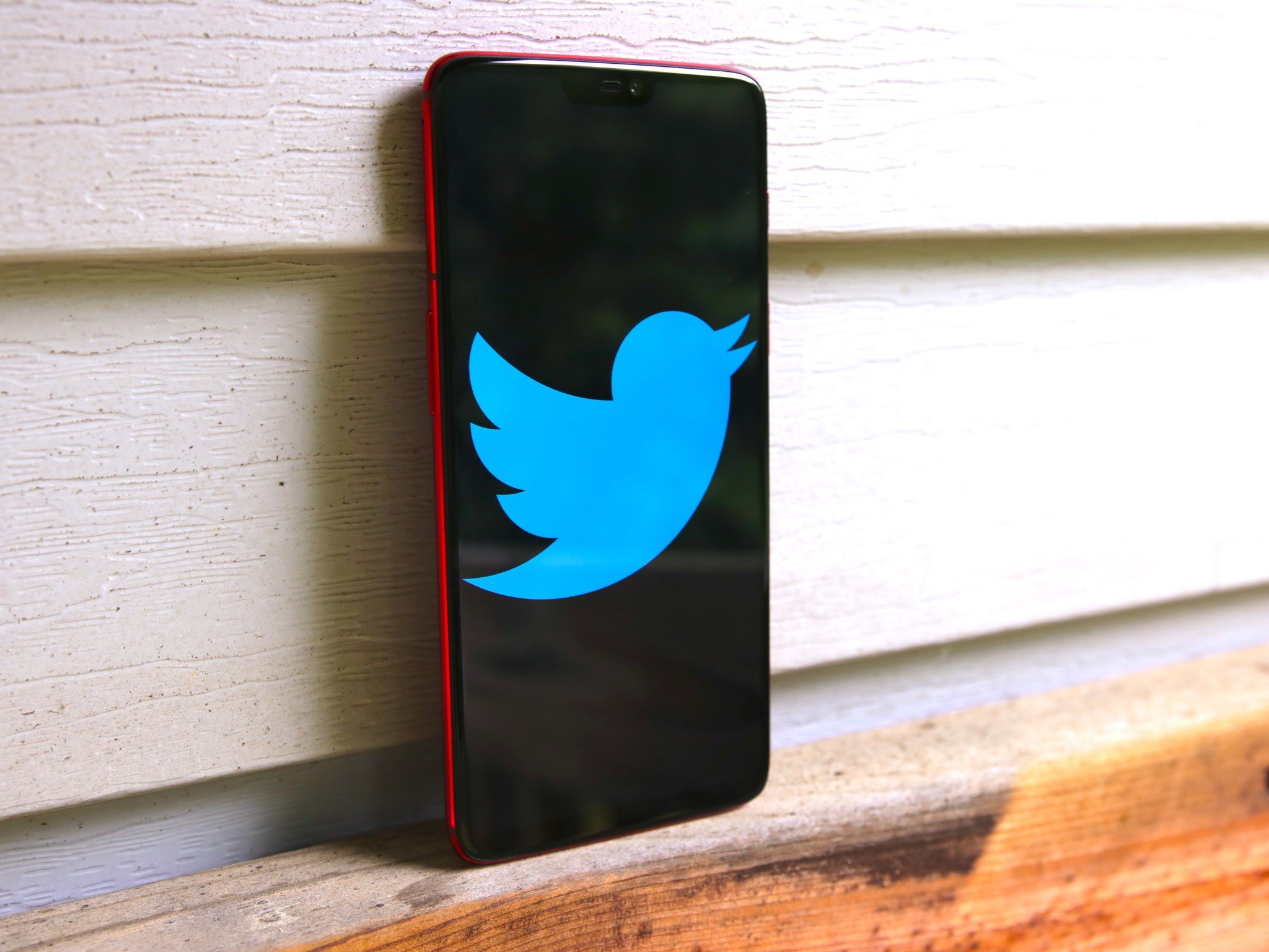Thankfully for everyone, Trump's misguided attack on social networks faces many roadblocks

President Trump's executive order relating to Section 230 of the Communications Decency Act has now been signed, quickly putting his words into action following a bluster over one of his tweets being "fact checked" this week. The order directs the Commerce Department, Federal Communications Commission and Federal Trade Commission to more critically use and enforce portions of Section 230 to keep social media platforms from moderating content.
Section 230 gives social media platforms legal protection from being held responsible for third-party content.
The Verge has an excellent explainer on Section 230, particularly with regards to how it relates to social media platforms and other online publishers. (You can also read the full legal definition, if you're so inclined.) But in extremely simplified terms, Section 230 provides protection for internet platforms that show user-generated content — such as social media sites, video hosts, blogs and news sites. With Section 230 protection, those platforms can host that content without being held individually responsible for whether that content is legal under any other definition — i.e. if someone does something criminal on your platform, the person is responsible instead of the platform. Importantly, that protection also extends to moderating content, meaning a platform cannot get in legal trouble for either banning or choosing not to ban specific users or content.
President Trump's goal with this executive order is to empower the Commerce Dept, FCC and FTC to selectively enforce and stretch around the restrictions of Section 230 to put the clamps on social media companies and force them to stop moderating their content in any way. Ultimately, Trump would like to "remove or totally change 230" — but for now, this is all he can do.
It's being done under the guise of protecting free speech, because Trump seemingly feels that Twitter, Facebook and Google are selectively censoring content from some political views (or individuals) and not others. Unfortunately for him, it isn't clear that the platforms are enforcing their moderation rules unevenly in any sort of malicious way. And in the case of Twitter "fact checking" the president's tweets, it didn't actually moderate, hide or remove them — and CEO Jack Dorsey has previously upheld that he does not plan to ban Trump from Twitter.
Thankfully, if you're a fan of free speech, this executive order doesn't have immediate ramifications.
Thankfully, if you're a fan of free and open speech, there are roadblocks to simply getting rid of Section 230 protections. An executive order is not a law — it's a directive from the president relating to existing laws and how government agencies should view or enforce those laws. In the case of this executive order, focus now shifts to the FCC, which to this point has no consensus aligning with Trump on Section 230 and generally has kept its hands off of Section 230 enforcement. The FCC primarily spends its time regulating the nation's broadband access and telecommunications infrastructure. FCC Commissioner Starks released the following statement regarding Trump's executive order:
The First Amendment and Section 230 remain the law of the land and control here. Our top priority should be connecting all Americans to high-quality, affordable broadband. The fight against COVID-19 has made closing the digital divide—and helping all Americans access education, work, and healthcare online—more critical than ever. We must keep our focus on that essential work.
The Commerce Dept and FTC may have more teeth when it comes to actually placing financial consequences on companies that don't do what the Trump administration wants. But there's a high likelihood that any action taken against companies by either group would hit a strong legal rebuttal. After all, Section 230 is the law, and that means in this case the existing law is on Twitter, Facebook and Google's side. It would take actual Congressional work to make changes to Section 230 itself — until that happens, I don't foresee any actual changes in the way these companies are operating regarding speech, moderation and content display. Techdirt's headline summed it up nicely: "Two Things To Understand About Trump's Executive Order On Social Media: (1) It's A Distraction (2) It's Legally Meaningless."
Lest you think this is purely a partisan issue, let me remind you Joe Biden has also called to revoke 230.
What the executive order does accomplish, of course, is put pen to paper on some sort of official governmental action showing Trump's distaste for these social media companies. And that can both score him some political points with his supporters, while potentially creating a chilling effect with companies that want to avoid the process of getting into a legal battle over Section 230.
Be an expert in 5 minutes
Get the latest news from Android Central, your trusted companion in the world of Android
And lest you think that this is purely a partisan issue, let me remind you that former Vice President Joe Biden has previously called for Section 230 to be "revoked, immediately." Biden's further quote on the matter states that Facebook "is propagating falsehoods they know to be false." Sounds familiar, doesn't it? Section 230 is a hotly-contested battleground, and a touchy one as it directly pertains to the government regulating free speech, which is of course protected in the U.S. under the First Amendment.
Not only do these large tech companies have their entire business models riding on whether they have legal protections from the third-party content they host on their platforms, but they also seem generally united philosophically on the matter. And that bodes well for smaller companies and non-social platforms, which are in many cases not in a position to fight the government legally and also still see the benefits of Section 230. And as users, we all generally come out better off when companies can host and moderate content as they see fit — and in turn we can freely choose which platforms we use.
Andrew was an Executive Editor, U.S. at Android Central between 2012 and 2020.

